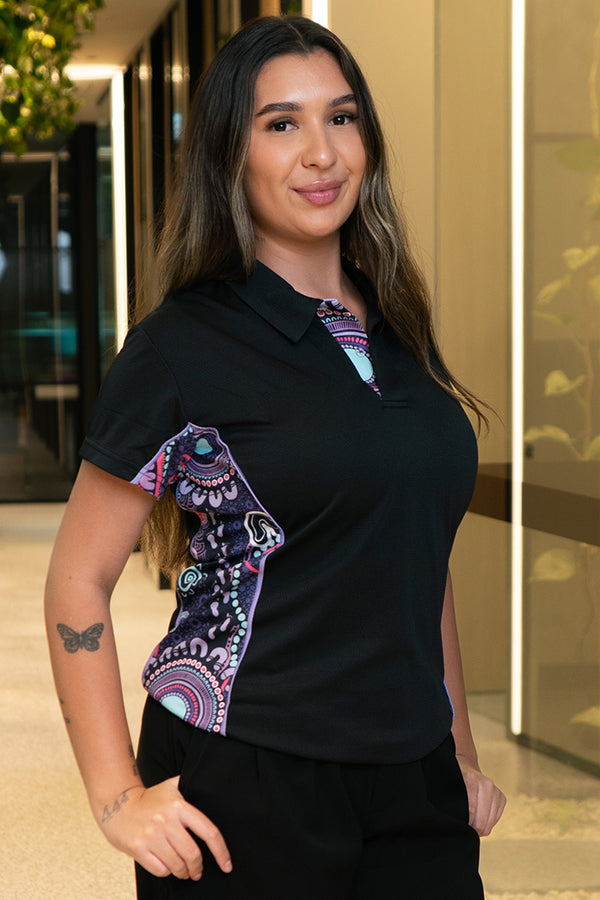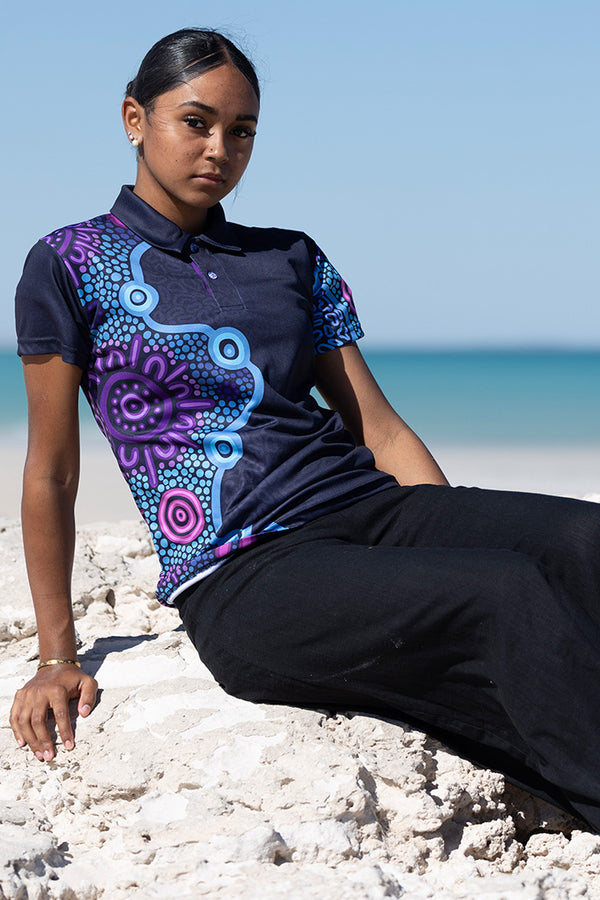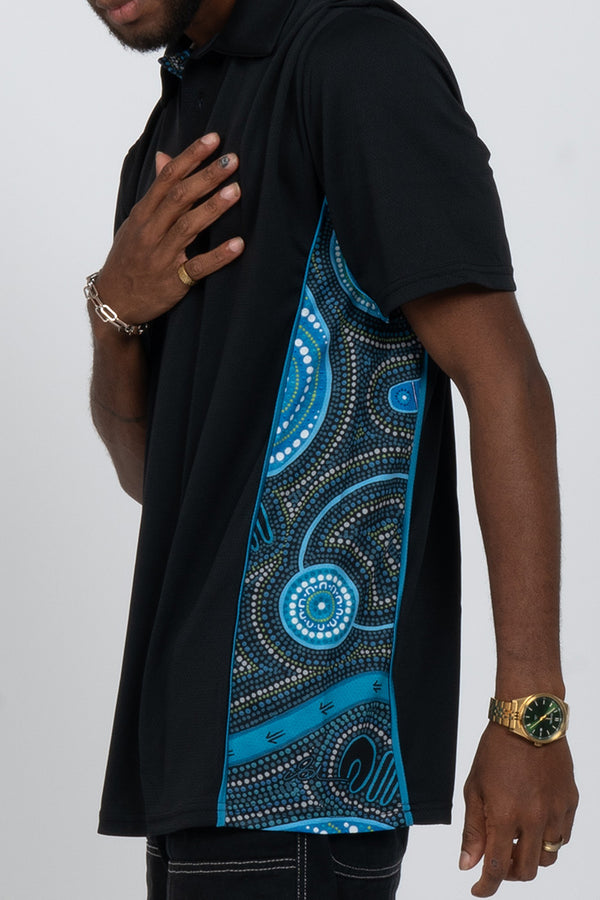The Significance of Ash Barty Winning Wimbledon
2021 has been an incredible year for Indigenous athletes and sports people. At the Wimbledon Championships this year, proud Ngarigo woman Ashleigh Barty won the women's singles title. Barty became the second Indigenous woman to win Wimbledon. The last time an Australian woman took the title was over 40 years ago when Goolagong Cawley won her second title in 1980. Ash Barty’s success is particularly significant for First Nation Australians. She has become part of only a handful of Indigenous women who are recognised as sporting Champions, such as Goolagong Cawley, Cathy Freeman and Nova Peris (ABC news, 2021).
 Ash Barty Seizes Wimbledon Crown. Courtesy of Tennis, 2021.
Ash Barty Seizes Wimbledon Crown. Courtesy of Tennis, 2021.
Barty winning Wimbledon was an incredibly important moment in time. Her journey to the win was not easy. Just one month before her win, she feared she would not even make it to the start line as she suffered a hip injury from the French Open. After a remarkable rehabilitation she had clearly saved the best for last. She truly pulled out all stops for Wimbledon, which is arguably the most prestigious tennis tournament in the world (SBS News, 2021).
In Australia, Indigenous sporting success has never been given the recognition it deserves, particularly when it comes to achievements overseas. Achievements like Patty Mills' magic 17 points, Chad Reed's status in motocross and Jesse Williams at the Super Bowl have flown right under the radar. Ash Barty is helping change this, as her win has captured the nation's attention. Barty's grace in navigating Australia’s uneasiness with its past and present relationship with its Indigenous Australians also make her a champion (ABC news, 2021).
Barty's success has also been particularly important in drawing attention to the specific struggles of women within sport. In a 2019 report by Plan International, it was found that Australian sportswomen face three times as many negative online comments as men, with 23% of all negative comments being sexist in nature (Global Citizen, 2021). Clearly, there is still a long way to go in terms of recognition and equality for Indigenous people and women within sport.
 Funding for Indigenous Tennis Program in QLD. Courtesy of Tennis, 2021.
Funding for Indigenous Tennis Program in QLD. Courtesy of Tennis, 2021.
Barty is not only an inspiration to young Indigenous people, but she also actively supports First Nations communities and youth. Since 2018, she has been Tennis Australia’s National Indigenous Tennis Ambassador, a move designed to attract more Indigenous youth to tennis. Through her ambassadorship, she supports Tennis Australia in providing more accessibility and opportunities for Aboriginal and Torres Strait Islanders within tennis. This is done through educating clubs and coaches, enhancing talent identification, providing pathway opportunities, and creating more playing opportunities through community events and funding for Indigenous tennis programs (Tennis, 2021). In 2020, Barty and the Australian Tennis Foundation announced the financial commitment of $115,000 over the next three years to fund Indigenous tennis programs in QLD. In an interview with WTA Tour (2020), Barty talked about the significant impact that this funding will produce:
"I think it’s incredible to see the pathways that are now available to Indigenous youth… and the opportunities they have to develop in whatever profession they choose. It's all about giving opportunities to Indigenous youth and providing pathways through tennis to show what our sport can do for our culture.”
Ash Barty is a true inspiration both in terms of her sporting achievements and the incredible community work she does. So, let’s continue to acknowledge and celebrate the success and contributions of Indigenous athletes and sportspeople, particularly women who are so often under-appreciated and mistreated within Australian sport.



















